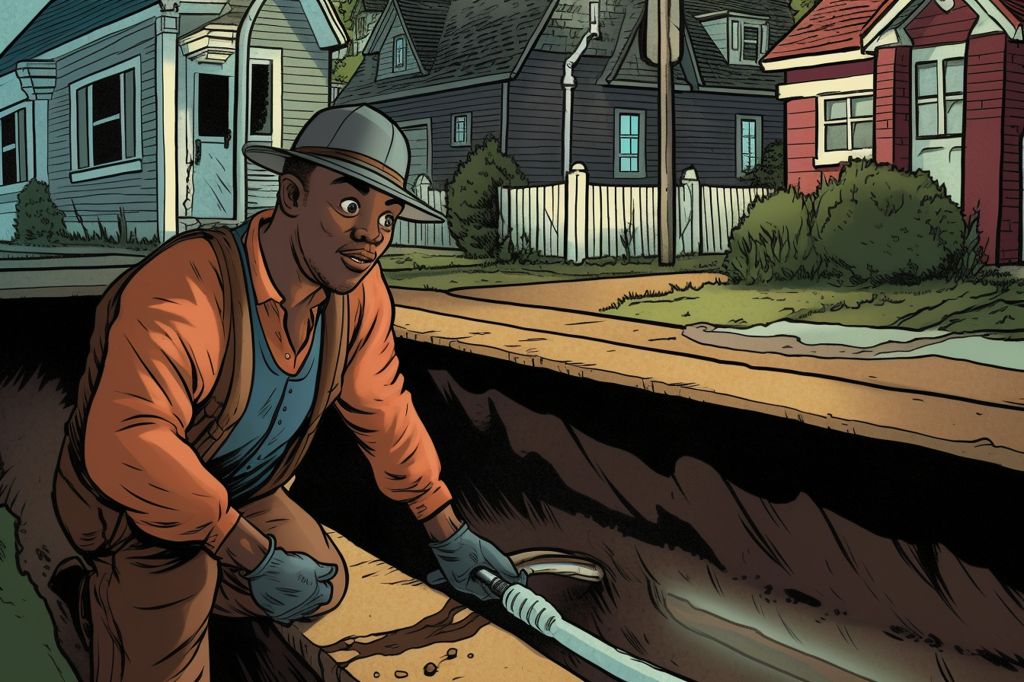From June 13 to 16, 2023, the Water and Sanitation Directorate will carry out crucial maintenance work on the city’s water infrastructure to improve services for customers. However, there will be temporary water supply disruptions in some areas of the city.
Scheduled Disruptions and Preparations
Maintenance work will occur in various areas, including Bellville, Kenridge, Hillcrest-Somerset West, Bofors Circle-Epping, Mowbray, Salt River, Woodstock, Rondebosch, Claremont, and Kenilworth. The maintenance team will replace faulty control valves, install pressure reducing valves (PRVs), fit water meters, and conduct zero-pressure tests, step tests, and conditional assessments. The activities aim to improve and upgrade the water supply infrastructure and ensure future continuity of water supply.
Managing Expectations and Minimizing Inconvenience
The city has planned the maintenance works carefully to minimize disruptions, but the complexity of the work may lead to longer-than-anticipated restoration times. After the supply is restored, residents may experience discolored or milky water, which is attributed to trapped air in the pipes. Additionally, all sites undergoing repairs are off-limits to the public. To stay updated on the maintenance work, residents can follow the City of Cape Town’s Twitter account @CityofCTAlerts.
Preparing for Water Supply Disruptions
To ensure a smooth experience during the planned water supply disruptions, residents should store enough water in clean, sealed containers for use during this period. It is also crucial to keep taps closed to prevent water loss and potential damage when the water supply is restored.
The Importance of Water Demand Management
The maintenance work is part of the City’s Water Demand Management Strategy, which aims to manage water pressure more effectively, reducing the possibility of pipe bursts and water wastage. By conducting these tests and installing pressure management technology, the city strives to preserve the lifespan of the pipeline, minimize pressure fluctuations, and reduce water wastage resulting from pipe bursts.
The Water and Sanitation Directorate is committed to providing the best possible service to the city’s residents. By understanding the importance of these disruptions and making necessary preparations, residents can ensure minimal inconvenience and contribute to the continuous improvement of the water supply infrastructure.












